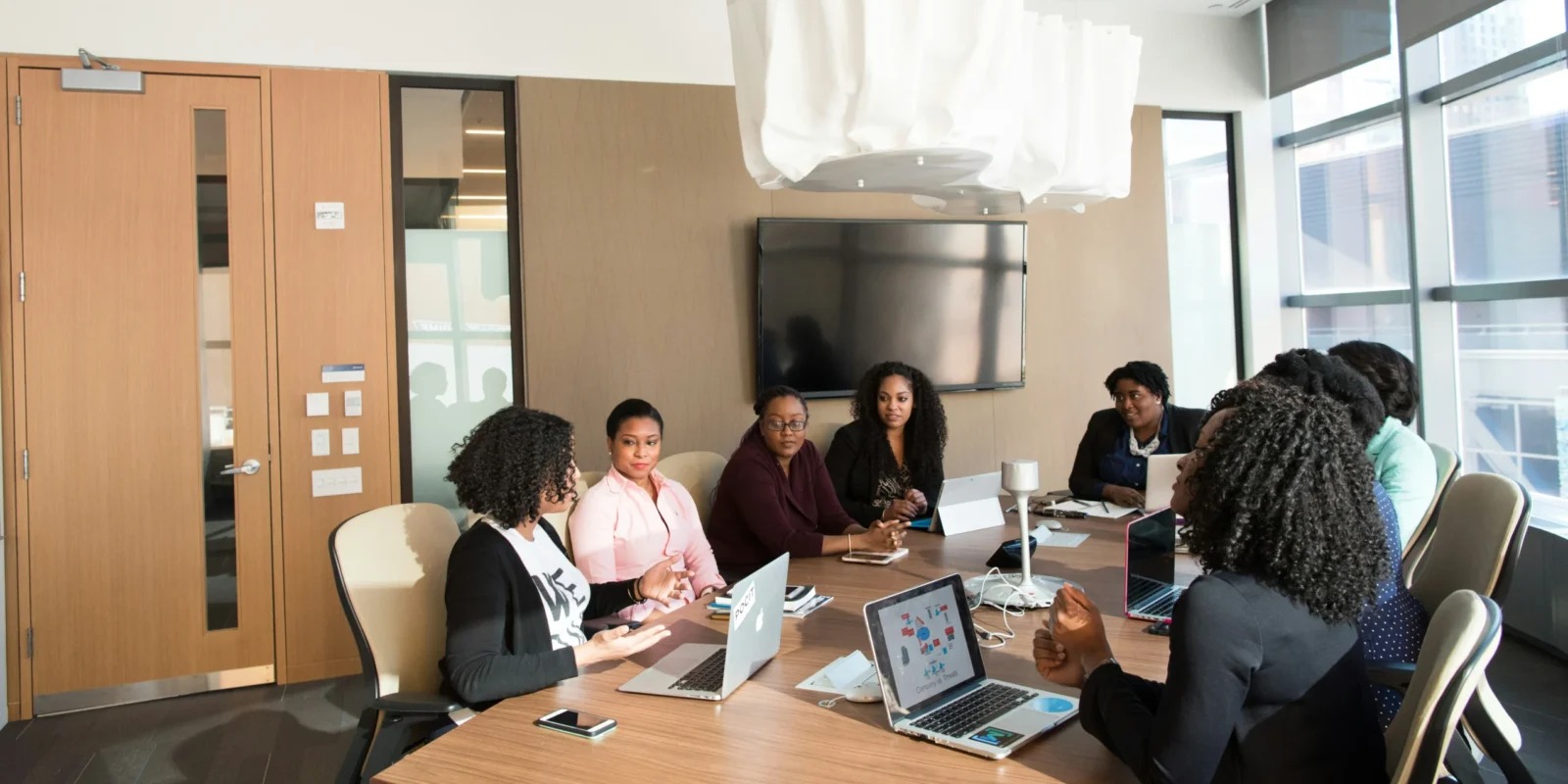Survey: Most Women Would Quit Their Jobs for Better Menstrual Health Support

Over 70% of workplaces aren’t meeting the health needs of women, but simple measures can increase productivity and job satisfaction
More than half (51.9%) of women polled would consider quitting their current job for one that supports their menstrual health needs, according to a new survey by global healthy eating app Lifesum.
The new findings reveal a gap in hormonal and menstrual health support and shed light on the need for workplaces to address the health needs of their women employees, says Wesleigh Roeca, Lifesum workplace well-being director.
Lifesum’s survey comes at a time when Gen Z and millennials are incorporating holistic wellness practices and prioritizing workplace wellness when looking for a job.
Key Data from Women
Employers may be surprised to learn that menstrual cycles can have a significant impact on workplace well-being following Lifesum’s survey. The healthy eating app found that 85.9% of women surveyed reported a decline in overall energy and focus, while respondents also noted an impact on their mental well-being (56.9%), stress levels (52.7%) and productivity (48.7%).
Despite the findings, Lifesum discovered employers lack supportive measures for menstrual or hormonal health — 70.4% say their employer doesn’t offer any assistance, such as flexible work hours, educational resources or free menstrual products.
Small Changes, Big Impact
Considering that 83.9% of those polled by Lifesum say they continue working despite feeling unwell from menstrual symptoms, the healthy eating platform encourages change.
“To create a more inclusive and supportive work environment, we encourage organizations to adopt a ‘Hold Her Health’ policy that offers flexible work hours, additional healthcare coverage, paid leave for conditions like menopause and endometriosis, and support for pregnancy and fertility challenges,” Roeca advises. “It also includes options for job-sharing or reduced hours without penalties and educational resources.”
Lifesum’s survey reveals that women are open to various supportive arrangements: 72% are interested in flexible work arrangements, and 60.3% prefer designated leave days for menstrual and hormonal health. Additionally, over half (56.2%) of the women polled would like free sanitary products, while 29.8% would like access to wellness apps.
“Employers have a critical role to play in creating environments where women can thrive both physically and mentally,” Roeca says. “The fact that 70% of workplaces are not addressing these needs is a missed opportunity, not only for improving employee well-being but also for boosting productivity and job satisfaction. It’s time for companies to listen and take action on what is clearly a growing demand for change.”
A New Look at Nutrition
And although the majority of women surveyed (82%) are aware that a balanced diet and good nutrition can alleviate menstrual symptoms, Lifesum indicates that it’s just as essential for employers to understand the connection.
“Our hormones affect nearly every aspect of our well-being — mood, hunger, energy and fertility,” Roeca explains.
The health eating app offers a Hormonal Health Program, which it says is one of its most popular features, particularly among Gen Z and millennial women. The program, currently used by employees at major employers such as Amazon, GE and PayPal, offers personalized advice on nutrition, exercise and lifestyle changes.
Lifesum Eyes Longevity
As consumers focus on their health and well-being, their commitment to wellness has extended to all areas of their lives, from travel plans to working environments. Employers are beginning to take note — and platforms like Lifesum are perfectly poised to transform work life for companies and staff.

The global healthy eating platform has grown its user base to over 65 million and recently acquired German biomarker testing company Lykon, in a move that underscores the interest in highly personalized nutrition. It’s a deal that Lifesum CEO Markus Falk believes will multiply the platform’s size — and quickly.
“By combining blood tests with world-class software design, we’ll achieve a level of personalization that’s just insane,” Lifesum CEO Markus Falk told Athletech News in an exclusive interview earlier this month. “We also see a rising demand for food connected to vitality and longevity, an area we’ll continue to explore.”
Fitness professionals can play a role in helping to address women’s health needs by integrating menstrual health and hormonal wellness education into their programs. By offering resources and creating supportive environments, they can help clients manage symptoms affecting energy and productivity. Designing specialized classes focused on women’s health and collaborating with wellness platforms may improve client experiences and attract a broader audience.
Courtney Rehfeldt has worked in the broadcasting media industry since 2007 and has freelanced since 2012. Her work has been featured in Age of Awareness, Times Beacon Record, The New York Times, and she has an upcoming piece in Slate. She studied yoga & meditation under Beryl Bender Birch at The Hard & The Soft Yoga Institute. She enjoys hiking, being outdoors, and is an avid reader. Courtney has a BA in Media & Communications studies.



